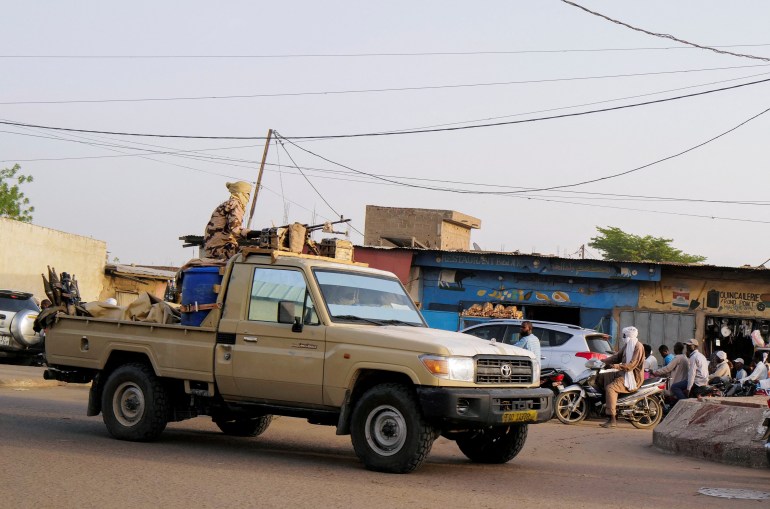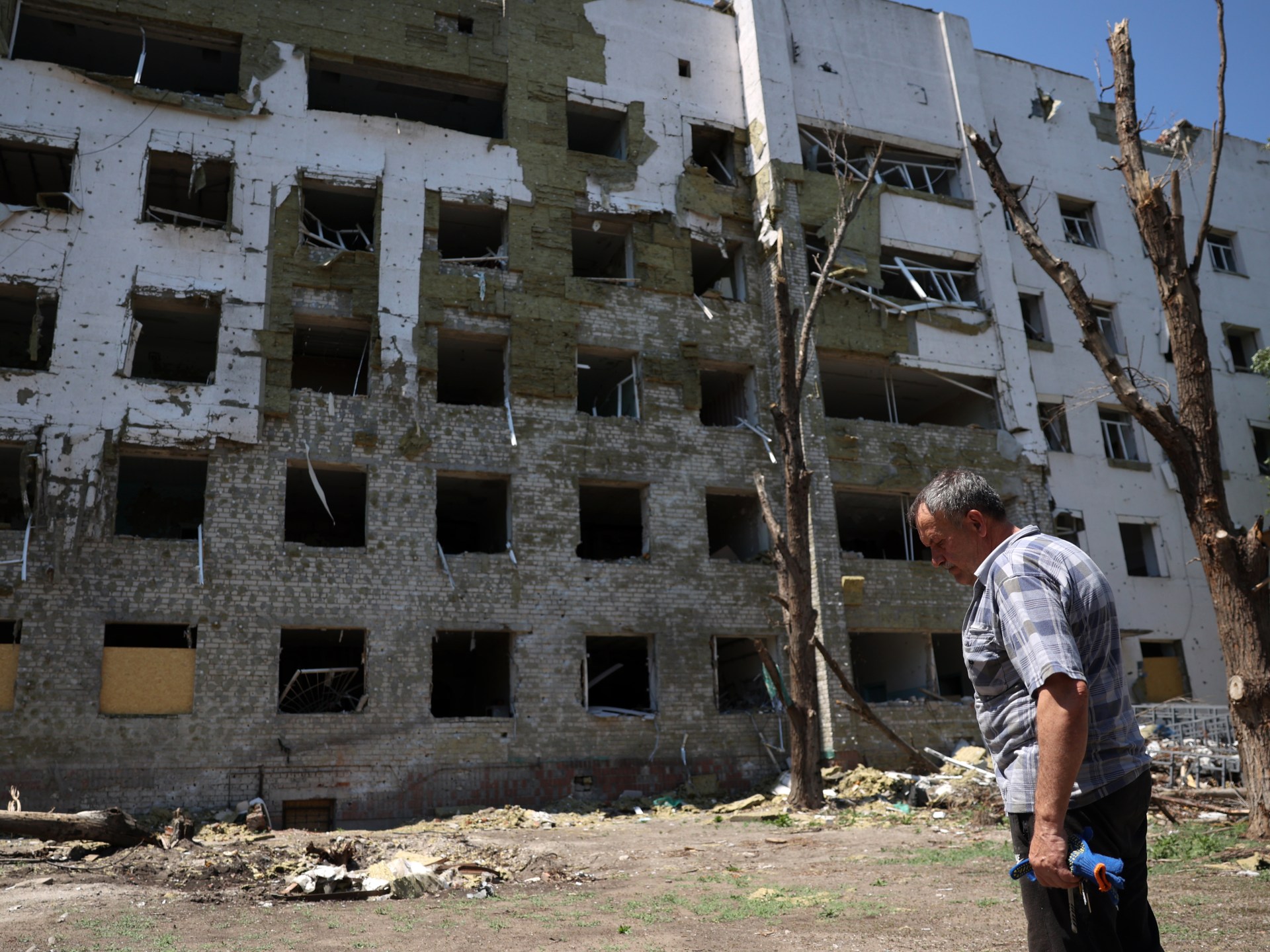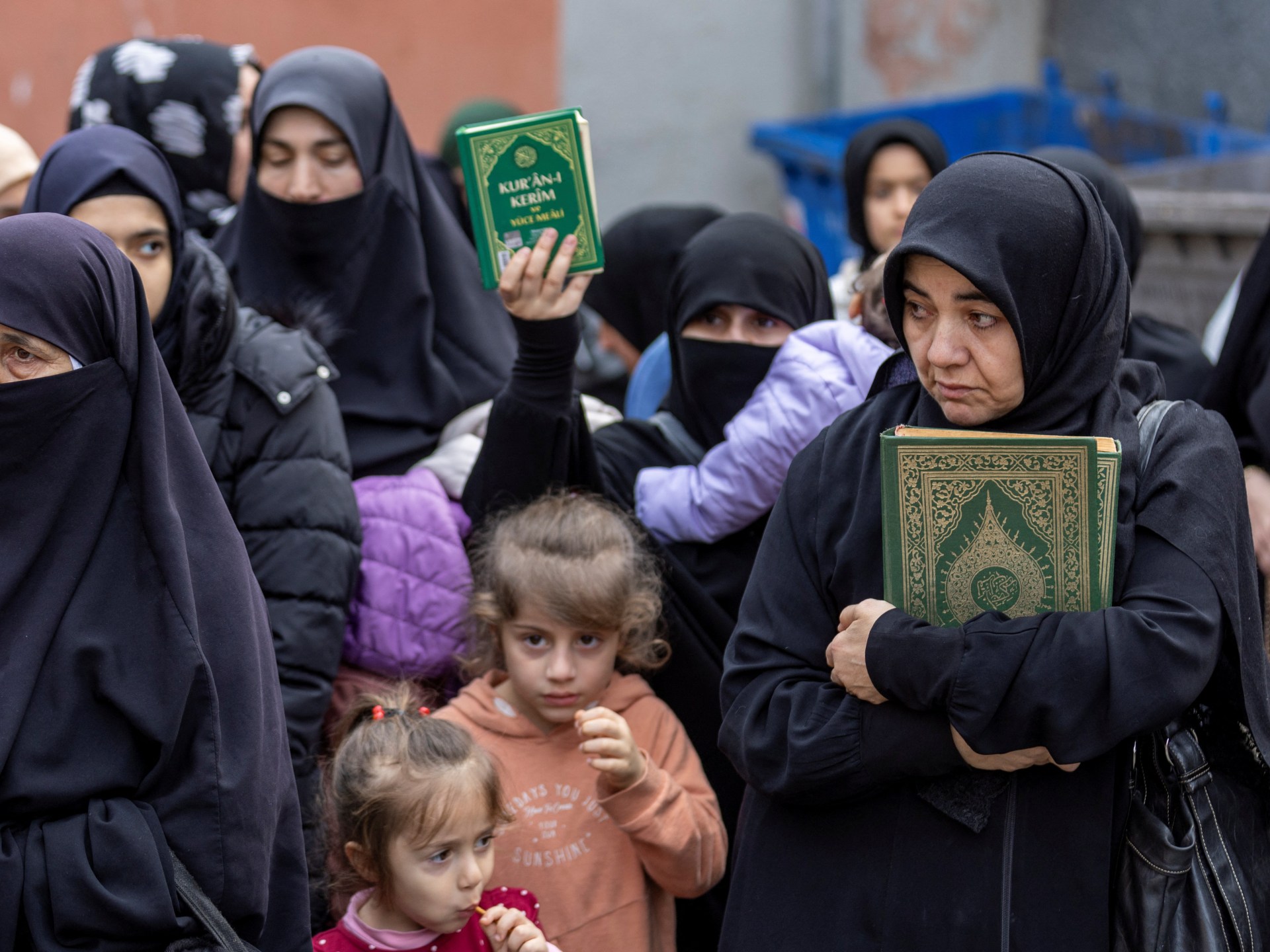New constitution, old playbook: Chad’s Deby continues power play in Sahel
Millions of Chadians voted for a controversial new draft constitution last week, despite resistance from critics of the military government which accuse it of perpetuating itself in power.
According to the National Commission Charged with the Organisation of the Constitutional Referendum (CONOREC), 86 percent of voters chose “yes”. The turnout for the December 17 referendum, in which 8 million people were eligible to vote, was 64 percent.
The referendum is the second part of a three-step process for the return of the landlocked Central African country to democratic rule following the death of former long-term ruler Idriss Deby Itno who was succeeded by his son Mahmat Idriss Deby in 2021.
The new constitution, like the one it replaced, entrenches a unitary system that has been in place since independence in 1960.
Ahead of the referendum, opposition parties called for an outright boycott of the process, with a major point being the campaign for a federal system instead, to devolve powers from the centre.
One party, Les Transformateurs, claimed removing the unitary system would allow for progressive democracy and spur economic development. But those in favour of retaining the old system – including supporters of the transitional government – say a federalist system will lead to disunity. Protests by the party led to its ban and mass arrest of its members.
The transitional government made some concessions by inserting the creation of local governments and local legislatures in the new draft, with the people allowed to vote for their representatives. But the opposition said this was not enough.
Experts say the referendum committee comprised mostly Deby allies and offered the opposition no real chance of success or a compromise. When the vote happened last Sunday, the options were simply “yes” or “no” for a unitary constitution.
And the debate that began before the referendum, has continued within and outside the country.
“When you look at how the referendum process has been conducted, there are a lot of signs that indicate the transition authority intends to keep hold on power as this has always been the case,” Remadji Hoinathy, a Chad-based expert at the Institute of Security Studies, told Al Jazeera.
‘Long-term play’
Upon assumption of power in an April 2021 coup, Deby, now 38, promised to return to democracy within 18 months. After that timeline expired, a national dialogue committee gave the military an extra 24 months and excised a constitutional provision precluding Deby’s participation in the 2024 elections.
In October 2022, opposition parties and pro-democracy protesters took to the streets to demand elections but were shot at by the military. Dozens of people were killed, with several others wounded and arrested.
Deby has not yet said if he will run or not, but that remains a possibility.
Despite the Deby dynasty being in power for over three decades, there has not been a corresponding economic development in the Central African nation.
According to the World Bank, extreme poverty has been on the rise yearly and 42.3 percent of the country’s 18 million people live below the national poverty line. The country is also beset by conflicts, primarily driven by multiple armed groups.
Experts say the referendum had a predetermined outcome as part of a plan for Deby to stay longer in power.
“Deby’s ‘long-term play’ … is to entrench himself at the top of an autocratic political system dominated by the military,” Chris Ogunmodede, a foreign affairs analyst who has worked in African diplomatic circles, told Al Jazeera.
Ogunmodede says Deby is using the same playbook as his father, a wily ruler who changed the constitution twice to evade term limits while repressing dissent from opposition and civil society.
Yet there remains opposition to his government from multiple rebel groups. Even during the older Deby’s rule, rebels using Libya and Sudan as their base had repeatedly challenged the government, raising possibilities of a bigger fallout from the referendum from aggrieved parties.
“In any case, the current trajectory bodes poorly for the establishment of ‘peace’ in Chad, however, that word is defined. It is possible that this ‘referendum’, to the extent that it offers any real choices, might trigger a chain of events that creates another major dilemma in that country,” Ogunmodede said.

France’s backing
In recent years, there has been increased pushback against French influence in its former colonies. This has resulted in coups in Mali, Niger, Burkina Faso and Guinea.
But unlike in those countries where relations between military governments and the French have deteriorated, Deby has embraced Paris and is helping repress any threat to France’s continued influence in the country.
In 2021, Paris backed his rise to power and has been quiet about state tactics to stall a credible return to democracy, a different stance compared to its criticism of coups elsewhere in the Sahel
Analysts like Hoinathy say due to Chad’s strategic position in regional security as the last bastion of France’s military presence in the Sahel, Deby is now seen as a key ally for Paris. In turn, France has helped prop up the Chadian elite.
“The big difference is that the leaders in power are the ones leading on this anti-France movement [in Sahel],” Hoinathy said. “While in Chad, the leaders in power remain very strong partners with France and they know that this relationship with France is key for them to remain in power because they receive military and diplomatic support.”
Double-faced Deby?
Even as Deby continues to navigate the internal strife in Chad, attention is now turning to the geopolitical fireworks that some of his actions have sparked abroad.
In neighbouring Sudan, the army and paramilitary Rapid Support Forces (RSF) have been at war since April. The former has accused Deby of allowing the use of the Amdjarass airport in its north for channelling weapons to the latter by the United Arab Emirates.
Chad – which has also been a part of an international coalition to end the conflict and has taken in millions of Sudanese refugees – and the UAE have denied this accusation, but the diplomatic rift continues to deepen, with Sudan and Chad mutually expelling diplomats.
This development has complicated the disastrous conflict in Sudan, which has killed more than 10,000 people in nine months.
“[Deby’s support] makes it very dangerous not just during the war but in the post-war period as well,” said Cameron Hudson, a senior associate in the Africa programme at the Centre for Strategic and International Studies.
“If the Sudanese army wins, the Sudanese army is going to remember for a very long time that their neighbour helped their enemy to try to defeat them,” he added. “People forget that 15-20 years ago, there was a series of coups d’etat launched by Chad and Sudan against each other. The two countries have a long history of meddling in the internal affairs of the other.”
But the other outcome of the war is also laced with dangerous possibilities for Deby – and Chad. Deby is from the Zaghawa ethnic minority in Chad which has accused the RSF of assassinating some of its notable kin in Darfur. Some Zaghawa have been fighting against the RSF and experts say this is indicative of the dangerous dilemma Deby is in and the weakness of his leadership.
And the complications arising from that situation could lead to fresh bouts of conflict in an already volatile region.
“If Chad were to fall into a period of prolonged fighting and instability, it would spread that fighting and instability across an already very unstable region,” Hudson said.




